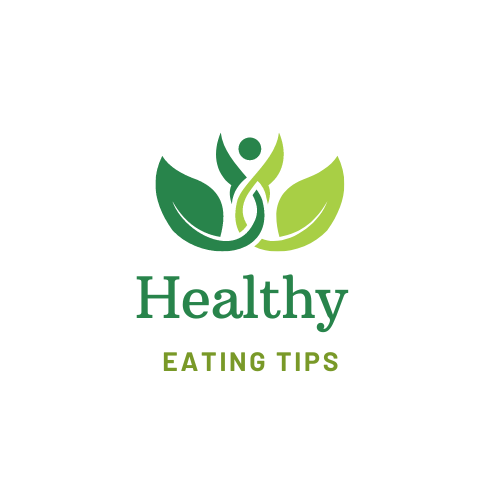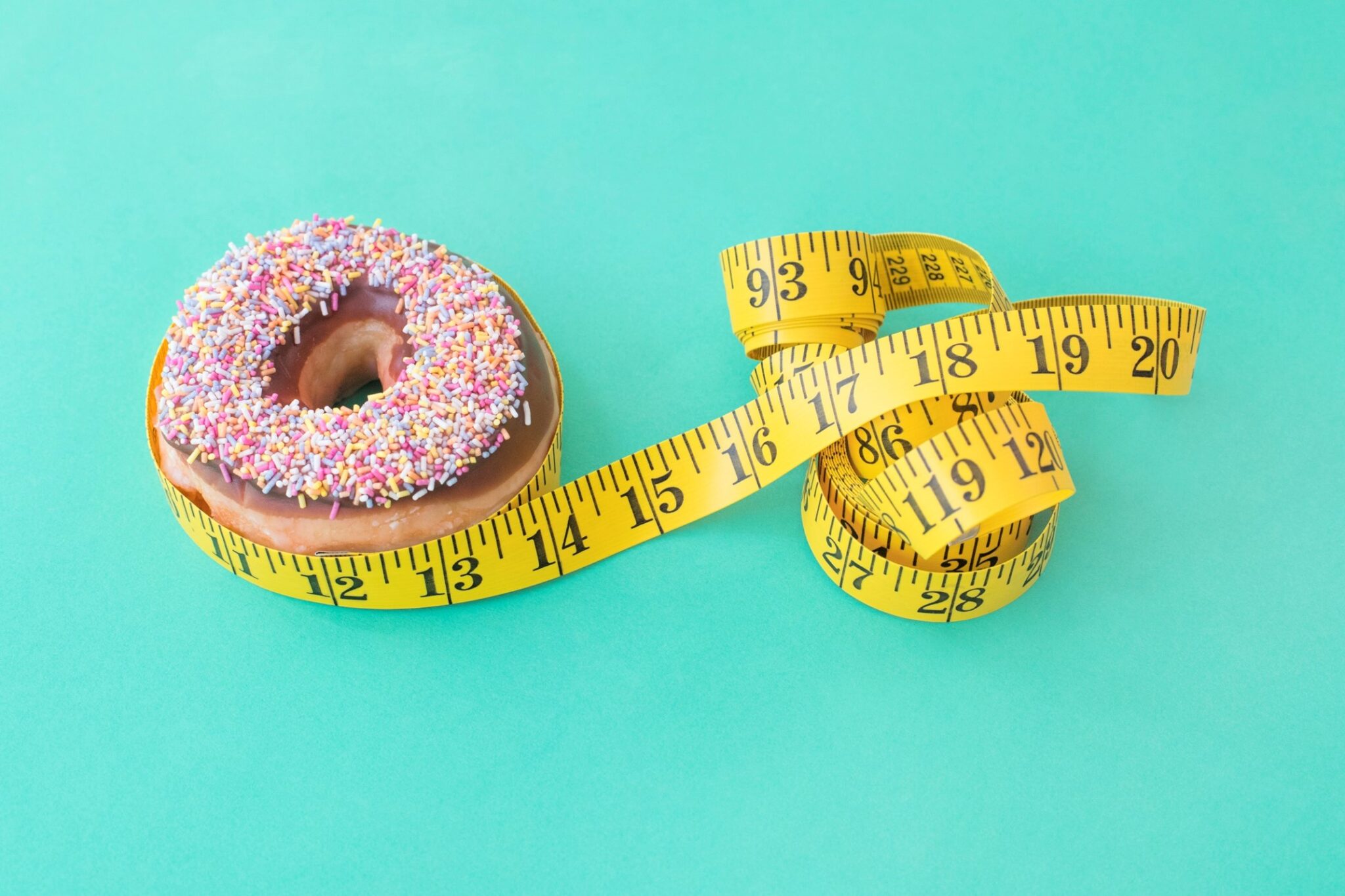Are you concerned about the amount of fat you consume? Do you worry about the health risks associated with a high-fat diet, such as cancer and heart disease? If so, you’re not alone. Many people struggle with finding the right balance of fats in their diet, but with a few simple adjustments, you can reduce your fat intake and improve your health.
Why Reducing Your Fat Intake is Important
Consuming too much fat can lead to a variety of health problems, including cancer, heart disease, and obesity. Therefore, it is important to try to reduce your fat intake. A high-fat diet is linked to breast and colon cancer, and some studies suggest a link between high-fat and prostate cancer as well. Additionally, a diet high in saturated and trans fats can lead to high cholesterol and an increased risk of heart disease.
Understanding Healthy Fat Intake
So, how much fat should you be consuming each day? The American Heart Association recommends that adults aim for a diet in which 20-35% of calories come from fat. This means that if you consume a 2000-calorie diet, you should aim for 44-77 grams of fat per day. However, the type of fat you consume is just as important as the amount.
The Different Types of Fat
Not all fats are created equal. There are three main types of fat: saturated, unsaturated, and trans. Saturated fats are typically solid at room temperature and are found in animal products such as meat and dairy. Unsaturated fats, on the other hand, are typically liquid at room temperature and are found in plant-based products such as nuts, seeds, and oils. Trans fats are typically found in processed foods such as baked goods and fried foods.
Tips for Reducing Your Fat Intake
Read Nutrition Labels: Before purchasing a food item, be sure to read the nutrition label to determine the amount and type of fat it contains.
Choose Lean Meats: Opt for lean meats such as chicken or fish instead of high-fat meats such as beef or pork.
Use Low-Fat Dairy: Choose low-fat or fat-free dairy products such as milk, cheese, and yogurt.
Swap Out Cooking Oils: Use healthy oils such as olive oil or avocado oil instead of butter or lard when cooking.
Limit Processed Foods: Processed foods are often high in unhealthy fats such as trans fats. Limit your intake of these foods and choose whole, natural foods instead.
Eat More Fruits and Vegetables: Fruits and vegetables are naturally low in fat and provide a variety of essential nutrients.
Watch Your Portions: Even healthy foods can lead to weight gain if consumed in large quantities. Be mindful of your portion sizes.
Cook at Home: Cooking at home allows you to control the amount and type of fat you consume.
Balancing Your Fat Intake
It’s important to note that not all fats are bad for you. In fact, some fats are essential for overall health and well-being. It’s all about finding the right balance. Younger and more active individuals may require a higher fat intake to meet their energy needs, while older adults and those with a more sedentary lifestyle should aim for a lower fat intake.
Conclusion
Reducing your fat intake is an important step towards a healthier lifestyle. By making a few simple adjustments to your diet, you can reduce your risk of health problems associated with a high-fat diet. Be mindful of the types of fats you consume and aim for a diet in which 20-35% of calories come from fat. With a little bit of effort, you can achieve a healthier, happier you.

